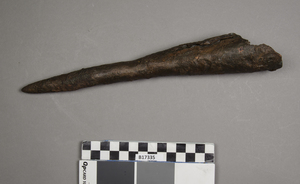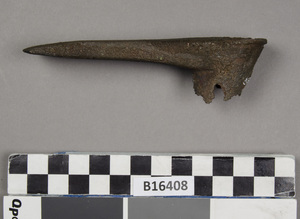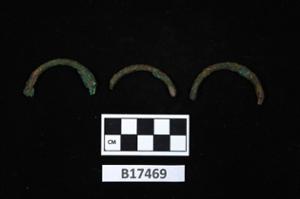Ur, Iraq
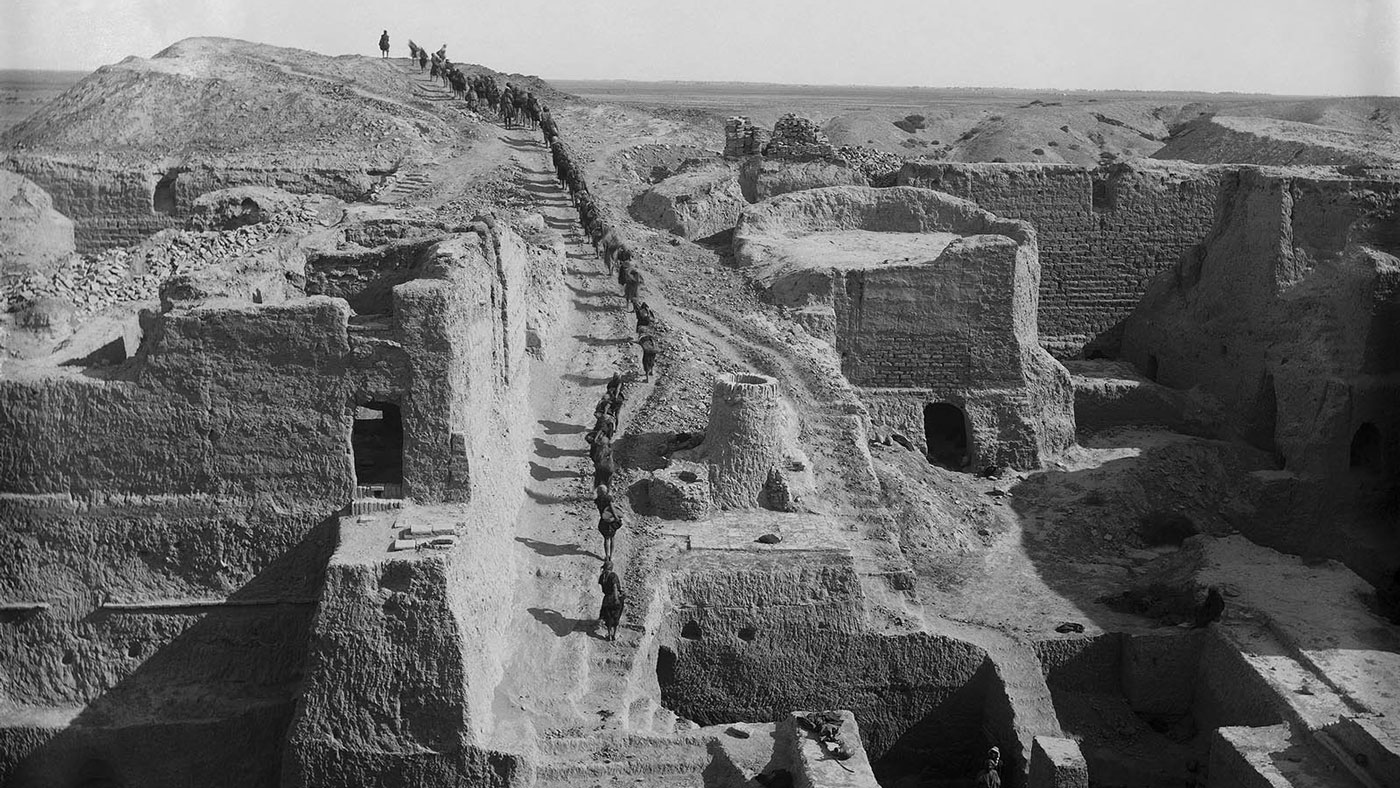
Located in southern Iraq, near the former northern limits of the Persian Gulf, Ur was one of the most famous archaeological excavations—along with Tutankhamun’s tomb in Egypt—during the early 20th century. Frequently described in the popular press, the work at Ur brought the magic of archaeology to life, particularly by tying the discoveries into familiar biblical stories. Between 1922 and 1934, the Joint Expedition of the British Museum and the Penn Museum was directed by C. Leonard Woolley and uncovered some of the most well-known and celebrated art from ancient Mesopotamia. These finds were divided between the two partner institutions (25% each) and the Baghdad Museum in Iraq (50%).
- Object[800]
- babylonian[1]
- near eastern[799]
- adze[17]
- animal figurine[1]
- anklet[6]
- arrow[2]
- arrowhead[48]
- ax head[1]
- axe[76]
- balance[1]
- basin (vessel)[2]
- bead[1]
- beads[1]
- blade[29]
- bolt[1]
- bow[3]
- bowl[37]
- bowls[1]
- bracelet[66]
- bronze fragment[1]
- cauldron[2]
- chair leg[1]
- chisel[27]
- coil[2]
- coin[2]
- copper fragment[2]
- cosmetic kit[16]
- cup[6]
- cylinder seal[1]
- dagger[41]
- dagger hilt[1]
- dagger sheath[1]
- dish[2]
- drainpipe[1]
- earring[10]
- fastenings[1]
- ferrule[1]
- fibula (pin)[8]
- finger ring[32]
- fishhook[3]
- fork[2]
- foundation figure[1]
- fragment of copper chisel[2]
- garment pin[1]
- hair ring[1]
- handle[1]
- harpoon[2]
- hoe[2]
- holdfast[1]
- hook[4]
- implement[3]
- ingot[2]
- jar[2]
- jewelry[79]
- knife[19]
- knife handle[1]
- knob[2]
- ladle[2]
- lamp[1]
- lamps[1]
- lance head[2]
- lyre[1]
- macehead[1]
- mirror[3]
- nail[30]
- nails[1]
- necklace[1]
- needle[72]
- needle fragment[2]
- object[4]
- ornament[2]
- pick[1]
- pike[1]
- pike head[1]
- pin[67]
- pin fragment[1]
- pin head[5]
- pinhead[1]
- pins[1]
- pot[1]
- pouring vessel[1]
- prick[1]
- projectile point butt[6]
- pulley[1]
- razor[7]
- ring[14]
- ring seal[4]
- rivet[2]
- rod[1]
- saw[2]
- scale pan[2]
- spade[1]
- spatula[3]
- spear[2]
- spearhead[38]
- spike[1]
- spouted vessel[1]
- stamp seal[4]
- statue[3]
- statuette[5]
- toe ring[2]
- vessel fragment[8]
- akkadian[1]
- darius i[1]
- early dynastic iiib[1]
- larsa[8]
- minor dynasty[1]
- neo-babylonian[2]
- persian period[2]
- third dynasty of ur[1]
- ur ii[1]
- ur iii[2]
- sargonid[1]
- (very possibly pg 1618)[2]
- 9.5 m below pg 1749 in white lime stratum[1]
- a.h.[1]
- a.h., g 305[2]
- diqdiqqeh[1]
- foundation box[1]
- foundation box, room i[1]
- g 211, a.h.[1]
- g 305, a.h.[1]
- g 34, a.h.[2]
- g 35 - a.h.[1]
- g. 129[2]
- g. 183, a.h.[1]
- g. 305 a.h.[1]
- g. 4 n.h. - darius i period[1]
- g. 44, n.h.[2]
- g66, a.h.[1]
- k.p., l-m, 10-11[1]
- n.h. 2[1]
- n.h. persian g[1]
- n.t. grave 3/37[1]
- n.t. grave 30/16[2]
- n.t. grave 30/18[2]
- p.g. 1212[1]
- p.g. 1267[1]
- p.g. 1298[1]
- p.g. area -- loose in soil at depth of c-5.10 m[1]
- persian g. n.h.[1]
- pft, d 6 - 800[1]
- pft, e 4 - 900[1]
- pft. d 6 - 720[1]
- pft. e 7 - 1000[1]
- pft. e 7 - 1180 pfg[1]
- pft. e 7 - 860[1]
- pg[2]
- pg 1017[2]
- pg 1028[1]
- pg 1029[1]
- pg 1047[1]
- pg 1054-c[1]
- pg 1054a[1]
- pg 1110[1]
- pg 1114[1]
- pg 1162[1]
- pg 1195[1]
- pg 1203[1]
- pg 1205[2]
- pg 1208[1]
- pg 1211[1]
- pg 1212[1]
- pg 1220[1]
- pg 1237/8[1]
- pg 1245[1]
- pg 1253[1]
- pg 1267[1]
- pg 1300[2]
- pg 1306[1]
- pg 1307[1]
- pg 1318[2]
- pg 1321[1]
- pg 1332[1]
- pg 1336[1]
- pg 1350[1]
- pg 1366[1]
- pg 1374[1]
- pg 1387[1]
- pg 1398[1]
- pg 1420[1]
- pg 1500[1]
- pg 1515[1]
- pg 1520[1]
- pg 1521[1]
- pg 1524[3]
- pg 1527[1]
- pg 1531[1]
- pg 1538[1]
- pg 1574[1]
- pg 1586[1]
- pg 1589[2]
- pg 1602[1]
- pg 1615[1]
- pg 1625[3]
- pg 1627[1]
- pg 1628[1]
- pg 1637[1]
- pg 1641[1]
- pg 1653[1]
- pg 1654[1]
- pg 1655[1]
- pg 1658[1]
- pg 1665[2]
- pg 1671[1]
- pg 1685[1]
- pg 1687[4]
- pg 1694[1]
- pg 1698[1]
- pg 1708[1]
- pg 1720[1]
- pg 1733[1]
- pg 1744[2]
- animal[1]
- basket[1]
- bull[2]
- bull head[1]
- bull hoof[2]
- dog[2]
- female head[1]
- hero[1]
- hoof[1]
- human[1]
- human figure[1]
- human head[1]
- rosette[2]
- shell[1]
- winged bull[1]
- woman[1]
- amethyst[1]
- bitumen[3]
- bronze[800]
- carnelian[3]
- copper[758]
- copper alloy[7]
- fabric[1]
- flint[1]
- frit[1]
- jadeite[1]
- lapis lazuli[24]
- mollusk shell[1]
- reed (plant)[3]
- shell[2]
- silver[3]
- stone[1]
- wood[8]
1 - 30 of 800 Records
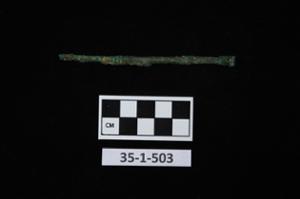
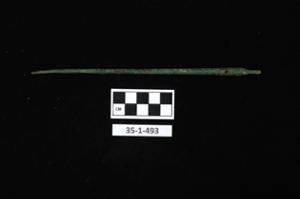
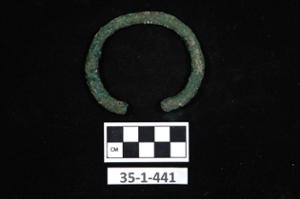
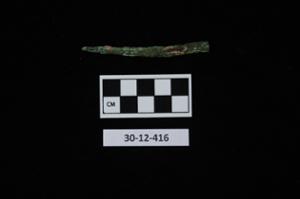
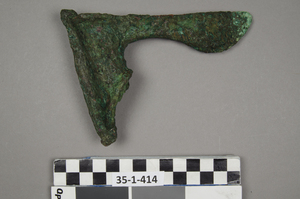
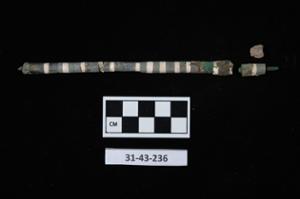
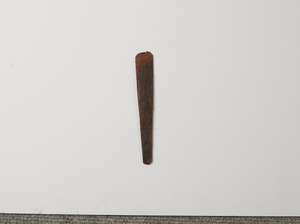
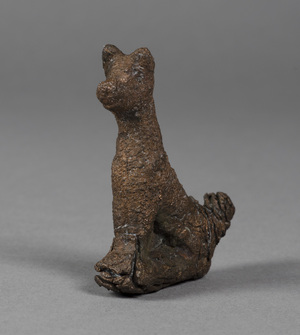
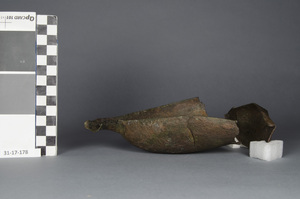
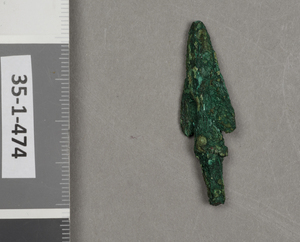
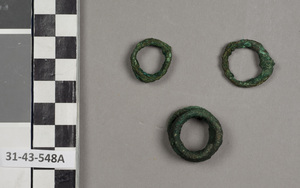
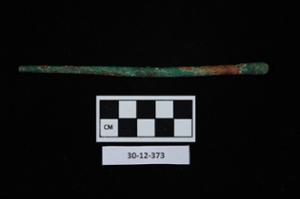
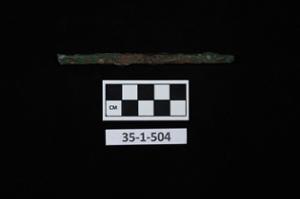
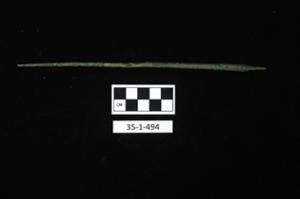
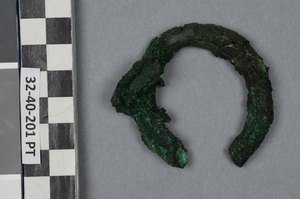
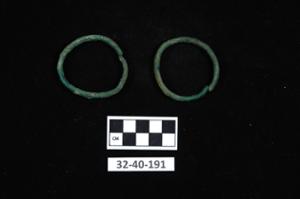
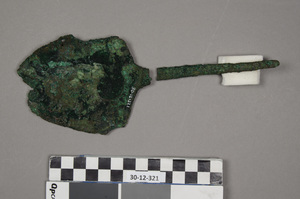
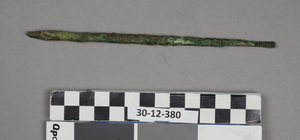
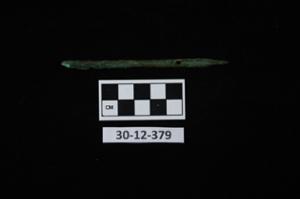
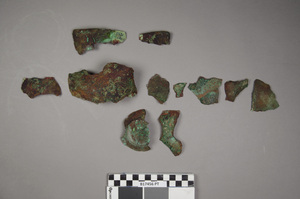
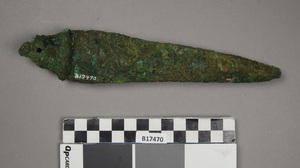
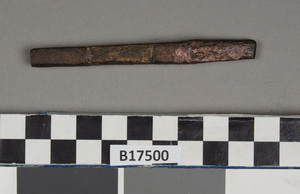
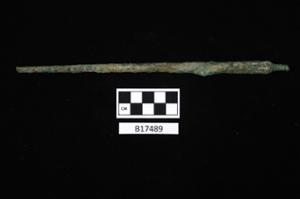
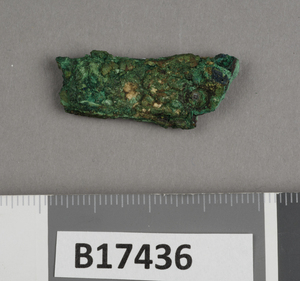
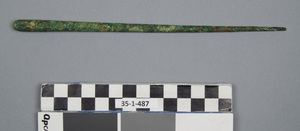
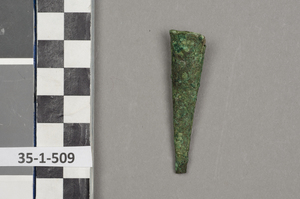
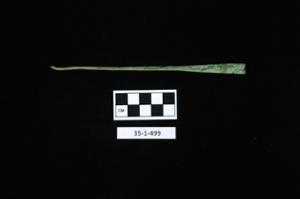
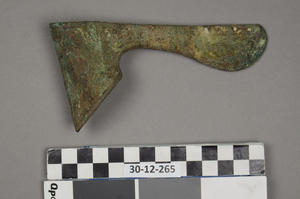
1 - 30 of 800 Records


